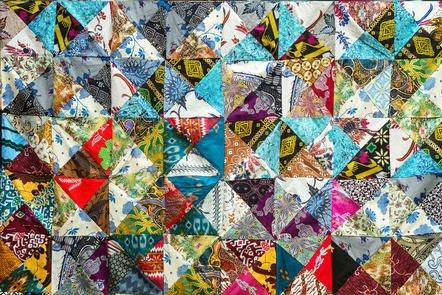Cultural Diplomacy (FutureLearn)
Categories
Effort
Languages
Get an introduction to cultural diplomacy, learning what it means, how it works, and its importance in today's polarised world. Explore the definitions and methods of cultural diplomacy. What does cultural diplomacy mean? How does it work in practice? What effect does it have in today’s world? Get the [...]
Nov 27th 2023






